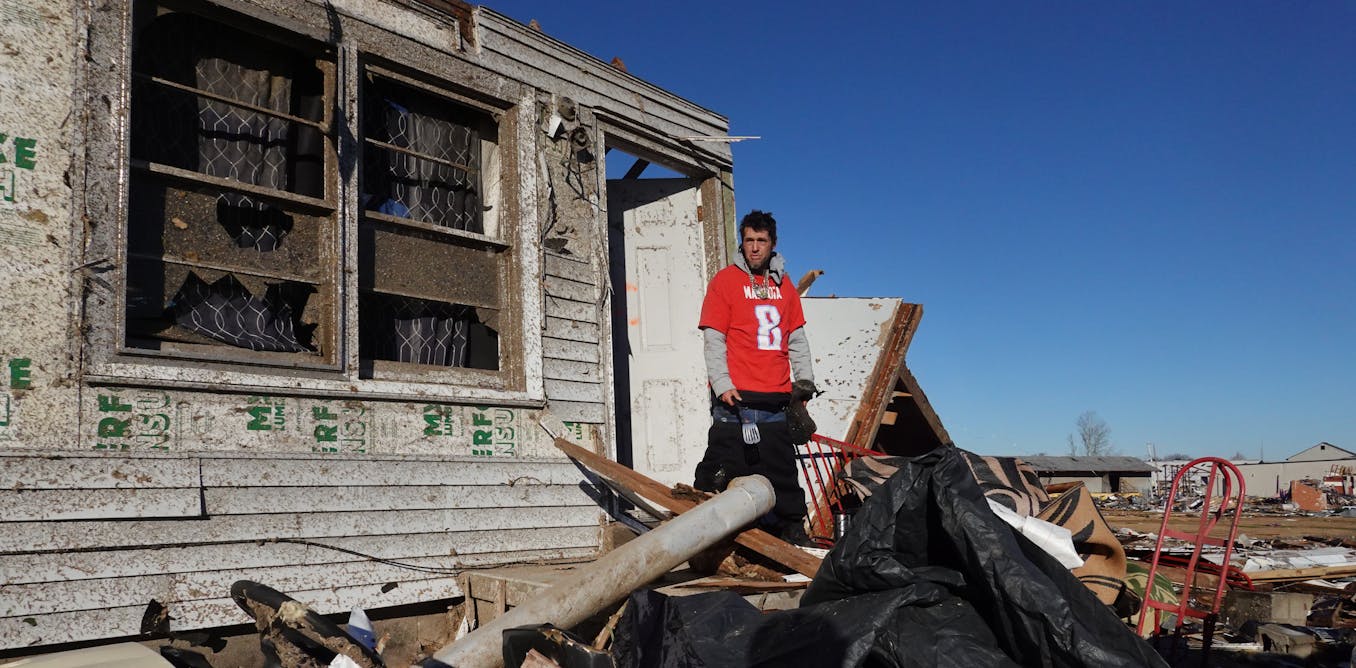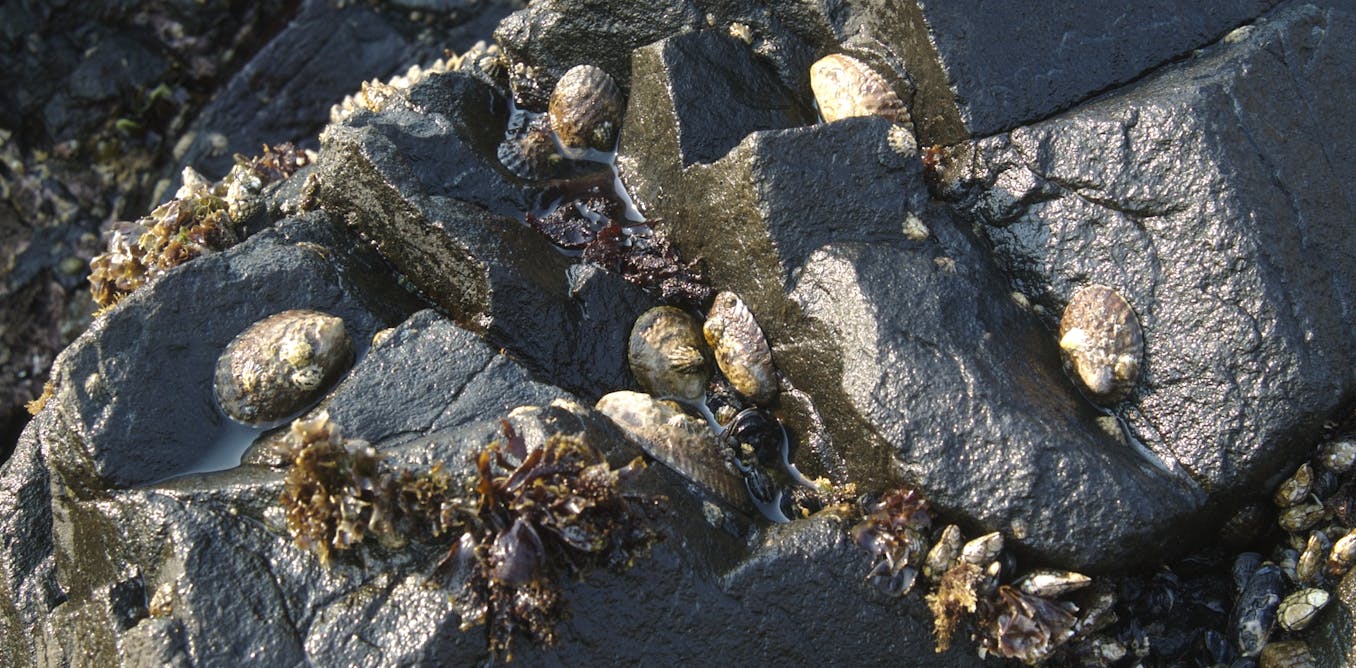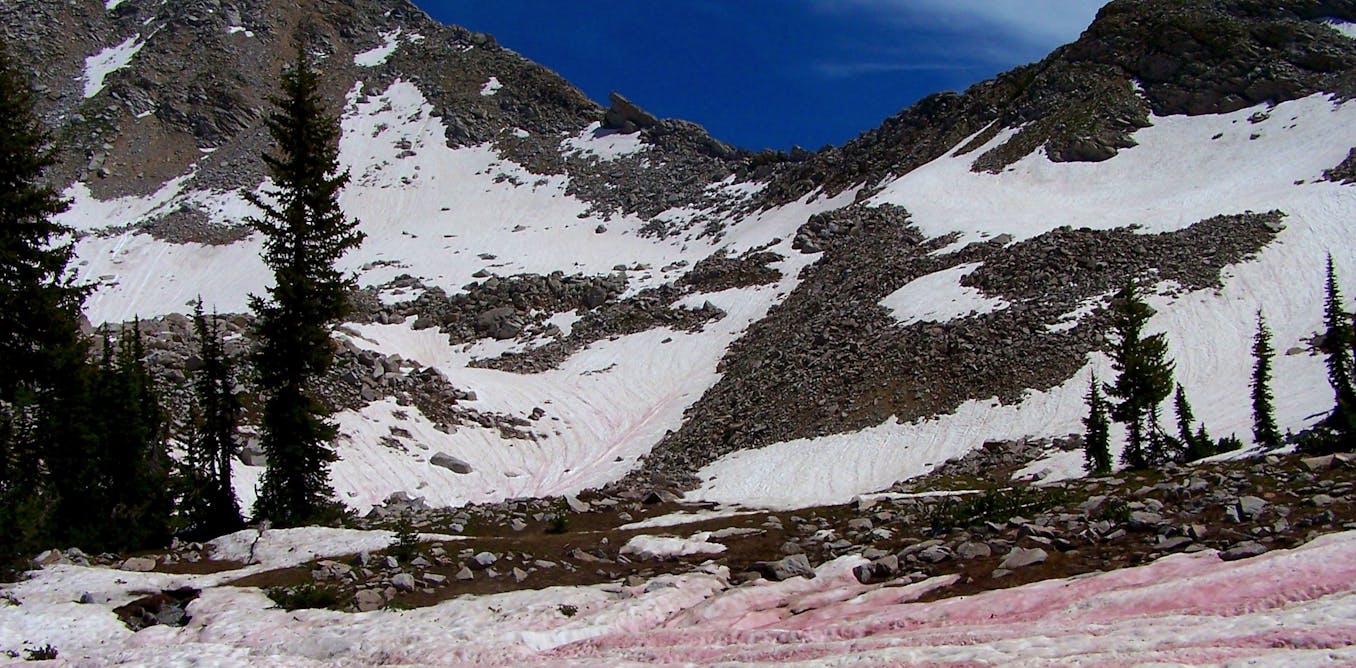Heat waves hit the poor hardest – a new study calculates the rising impact on those least able to adapt to the warming climate
The risk from heat waves is about more than intensity – being able to cool off is essential, and that’s hard to find in many low-income areas of the world.
Feb. 10, 2022 • ~7 min








